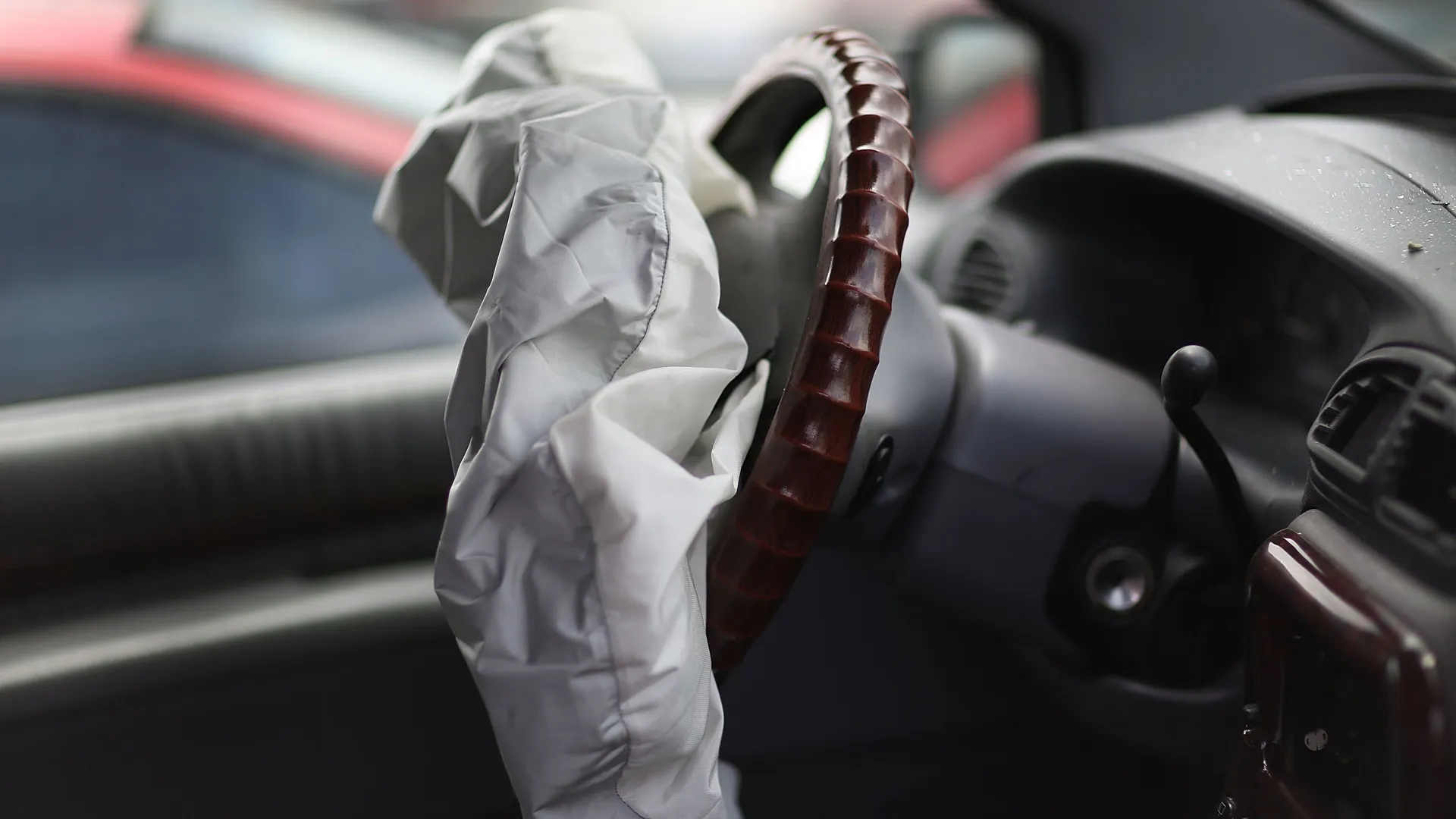Thousands of Florida Cars Still at Risk: The Takata Airbag Crisis Continues
Ten years after the initial recall, more than 6.4 million vehicles in the United States still have unrepaired or “unfixed” Takata airbags, according to the National Highway Traffic Safety Administration (NHTSA). Among the states most affected, Florida stands out with 305,000 vehicles still on the road with these potentially dangerous airbags.
Carfax Editor-in-Chief Patrick Olson recently checked in with the NHTSA for a 10-year update on the recall status.
Olson revealed that Florida is one of nine states listed in the so-called Zone A, which also includes Alabama, California, Georgia, Hawaii, Louisiana, Mississippi, South Carolina, and Texas. These states pose the highest threat to safety due to their high heat and humidity.
Zone A’s climate conditions can significantly increase the risk associated with Takata airbags. Extended exposure to heat and humidity can cause the airbag inflators to deploy far more explosively than intended.
According to the source, Olson emphasized that these are not junked or salvaged cars but vehicles still in operation that require immediate airbag replacements.
In Orlando alone, the NHTSA reports 56,000 vehicles still have unrepaired airbags. “These aren’t junked or salvage cars,” Olson told News 6. “These are cars still in operation that still need replacement airbags.”
The Takata airbag issue has had devastating consequences. NHTSA has reported that 27 people in the U.S. have been killed by these airbags, and at least 400 have been injured.
More than 67 million airbags in over 40 million vehicles have been recalled, affecting models from 19 automakers worldwide. This is a global problem, with vehicles from Korea, Japan, the U.S., and Europe being impacted.
Read more news:
- Triumph in Tennessee: Local Woman’s Victory Over Addiction and Academic Success
- Church Vandalism in Irwin: Youths Suspected of Damaging Sacred Instruments at Local Church
“Any owner with a car with an unfixed Takata airbag in it is really taking a risk with their safety,” Olson stated. “That means there’s a lot of people driving around you, driving near you in your neighborhood who have these unfixed cars.”
Consumers who are concerned about their vehicles can easily check if their car has an unfixed recall by visiting Carfax.com/recall. “Plug in your vehicle identification number (VIN) or even just your license plate information,” Olson explained. “We will tell you instantly for free if your car has an unfixed recall.”
The shortage of replacement parts that plagued the recall process in 2014 is no longer an issue. Olson advised vehicle owners to call their dealers first to ensure they have the replacement parts on hand.
“Automakers have them, so dealers should be able to get them easily. It will take you an hour, maybe two hours, and it will not cost you a dime.”
To stay updated on any future recalls, car owners can use the Carfax Car Care App. By downloading the app and registering their vehicle, they will receive recall updates as long as they own their vehicle.










